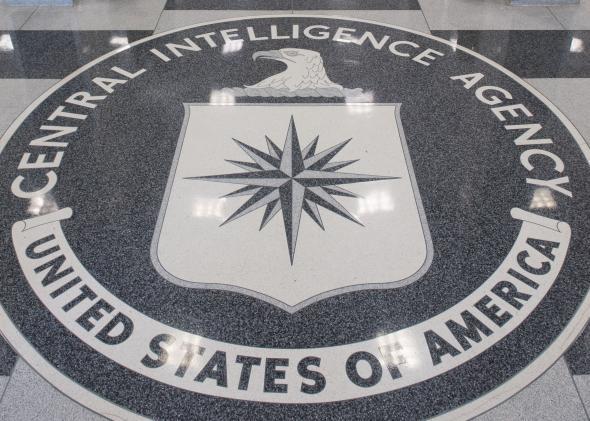This post first appeared in Business Insider.
The U.S. government has hidden important information from the public yet again.
Previously unknown until early 2013, the 8th edition of the CIA’s style guide surfaced on social media last week. Despite being intended to guide both creators and analyzers of government intelligence, the document helps us plebeian writers, too. Even Strunk and White, the godfathers of writing style, lent their expertise for it.
The guide explains general grammar and punctuation rules (finally addressing the ubiquitous who vs. whom question). But it also includes general tips and preferences.
We broke out some noteworthy points below from the 190-page guide:
- Favor active voice. “Lifeguards clear beaches when forecasters predict storm.” Not: “Beaches are cleared when storms are forecast.”
- On that note, avoid beginning sentences with “there is” or “there are.” Instead, look for a stronger verb.
- “Be frugal in use of adjective and adverbs; let nouns and verbs show their own power.” (Side-note: The CIA is all for the semicolon.)
- Spell out a range of numbers. For example, write “10 to 15 kilometers,” not “10-15 kilometers.”
- Use “around” for approximations of time and “about” or “approximately” for distance and other numbers.
- The CIA endorses the oxford comma, also known as the serial comma, although the agency admits some disagreement over its use.
Although the guide offers relevant advice for all writers, it does so in a fashion that seems typical of the CIA. Naturally, the document dedicates three pages to the use and capitalization of titles, with an added emphasis on hierarchy. It also includes a noticeable level of patriotism, as the Guardian notes, by insisting writers “Americanize” British spellings, even as proper nouns.
Here are some other strange points:
- Don’t capitalize the “w” in Vietnam war because it was “undeclared,” just like the Yom Kippur war and the Falklands war. (I had to Google both.)
- Treaties that haven’t been ratified don’t get the uppercase treatment, either. Write “Treaty of Paris” but “Kyoto treaty.”
- Casualties, surprisingly, refer to all persons injured, captured, or missing in action, as well as those killed.
- “‘Disinformation’ refers to the deliberate planting of false reports. ‘Misinformation’ equates in meaning but does not carry the same devious connotation.’” (Whatever that means.)
- Avoid using “feel” as a verb in writing, as it can convey agreement or emotions. Instead, use “calculate” or “estimate.”
- Use “fear” only to describe “strong emotion, not a vague concern, an uneasy feeling, or an ill-defined skepticism.”
Legal nonprofit National Security Counselors published the guide in 2013 after the group’s executive director, Kel McClanhan, submitted a FOIA request the previous year, Quartz reports. We saw it in the Guardian.
“Good intelligence depends in large measure on clear, concise writing,” the CIA’s guide states. Maybe the agency should take its own advice when it tweets.
